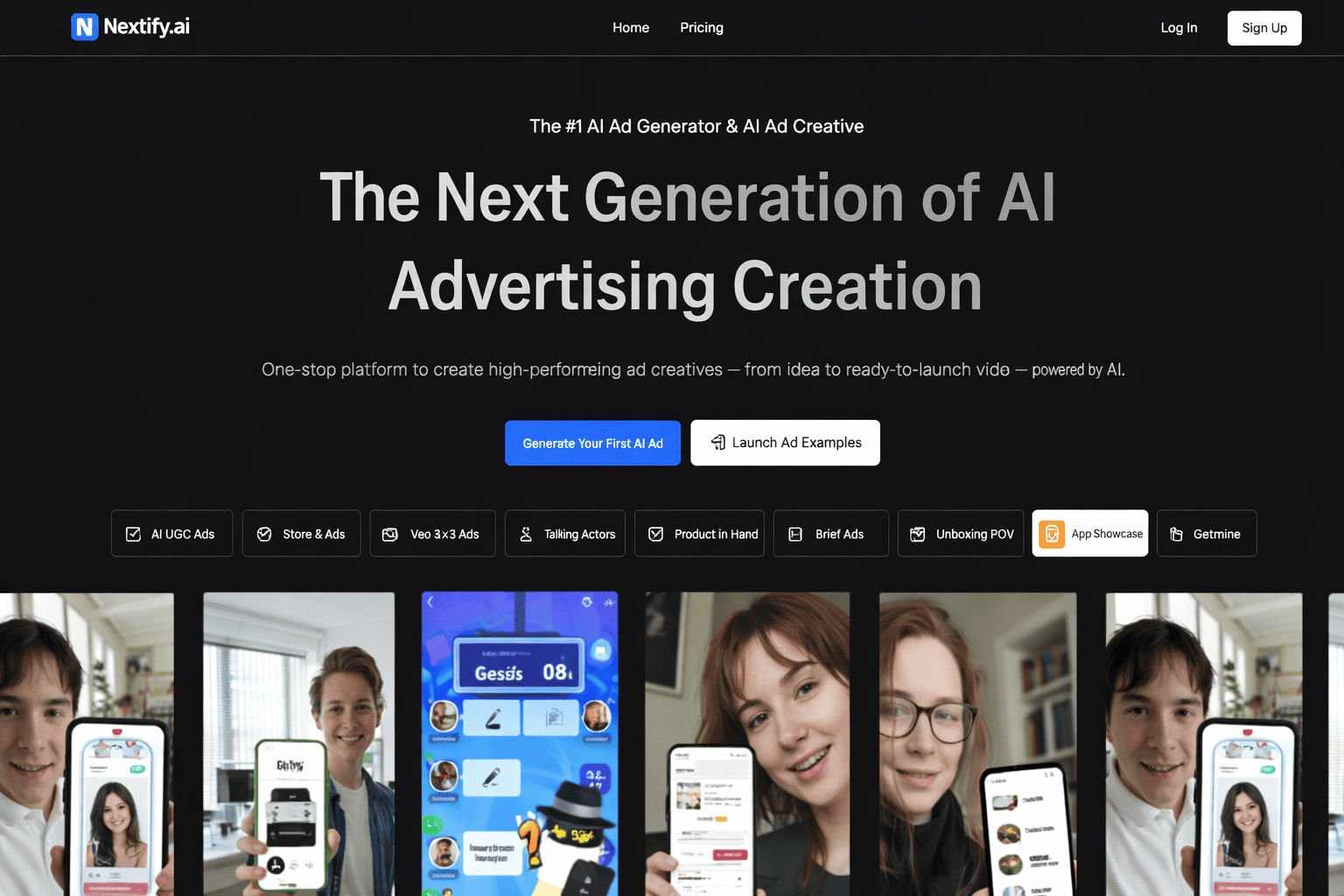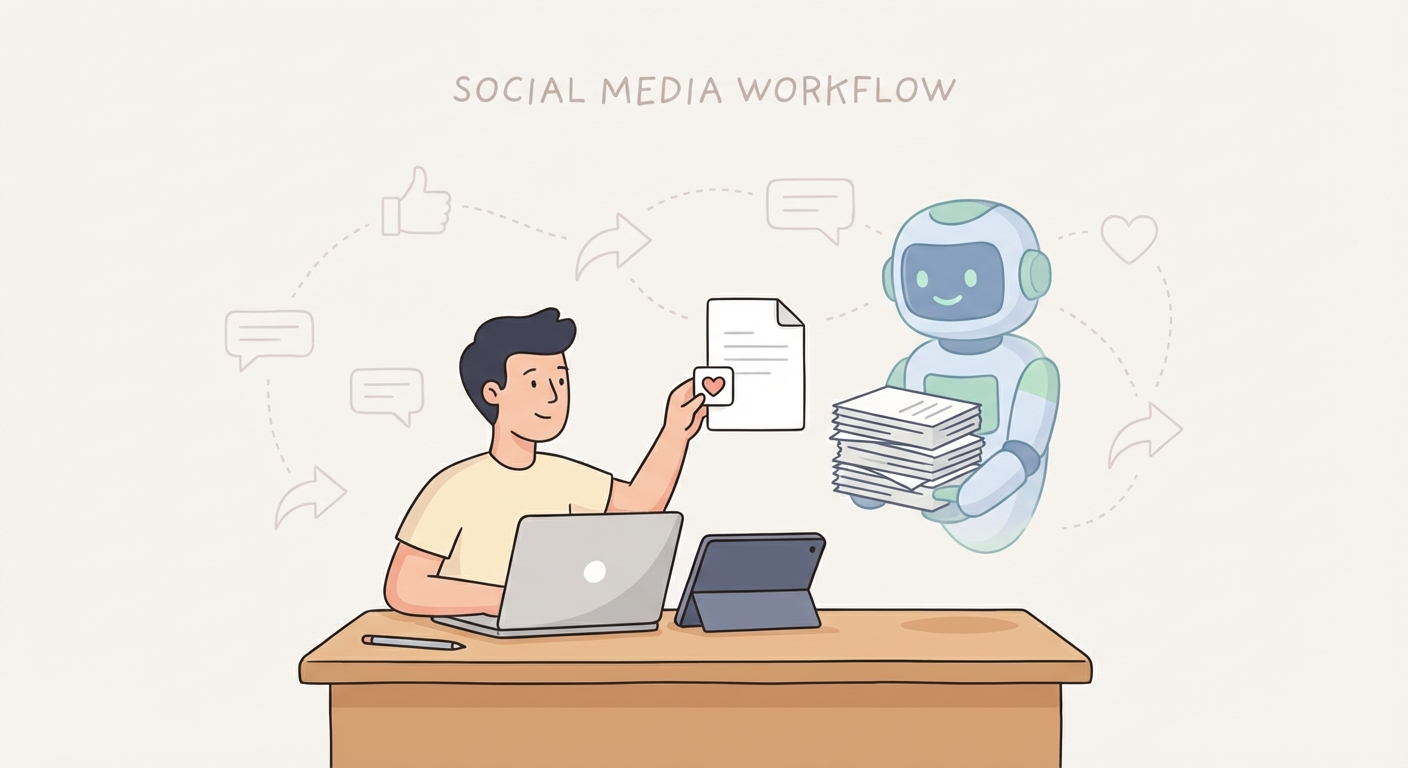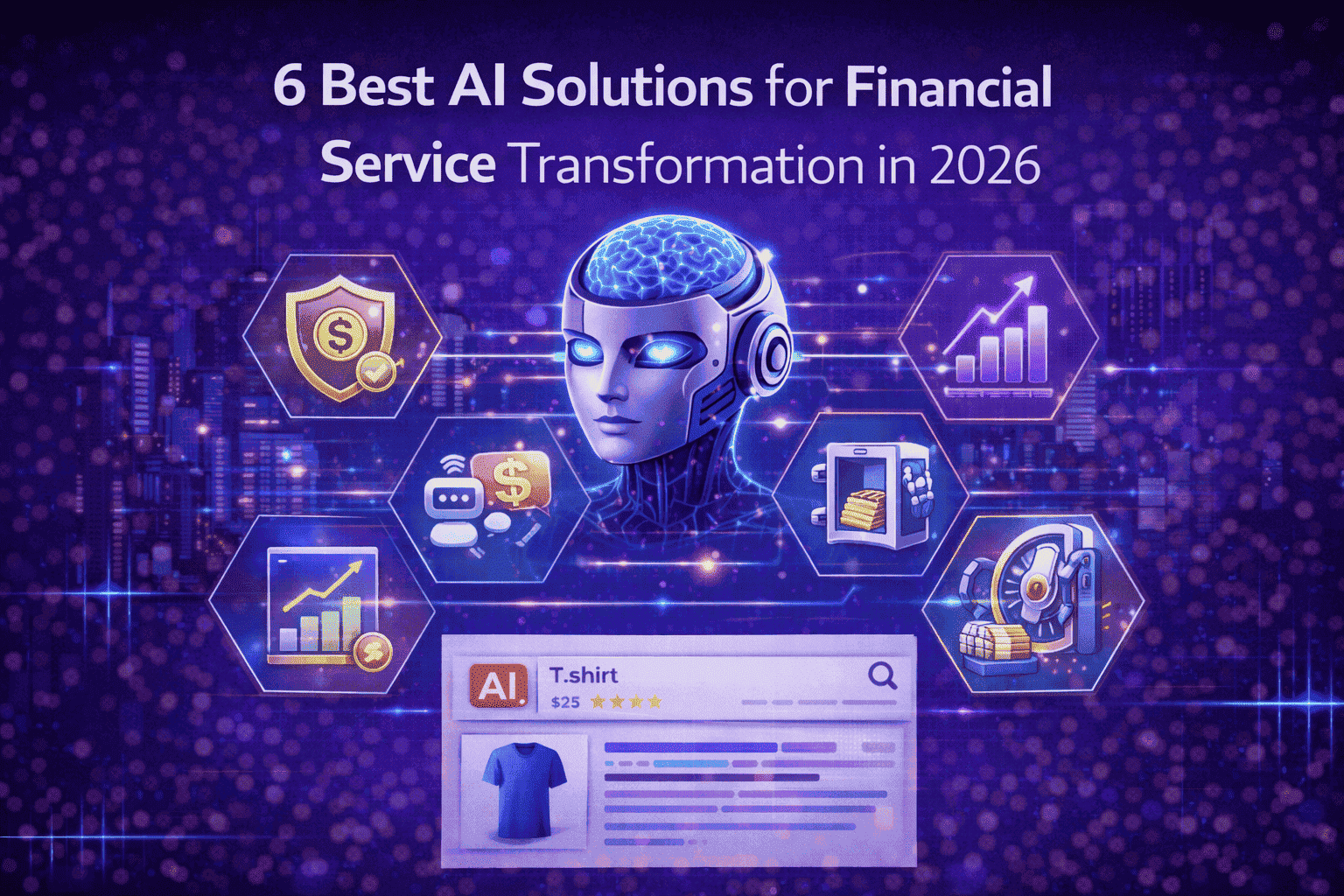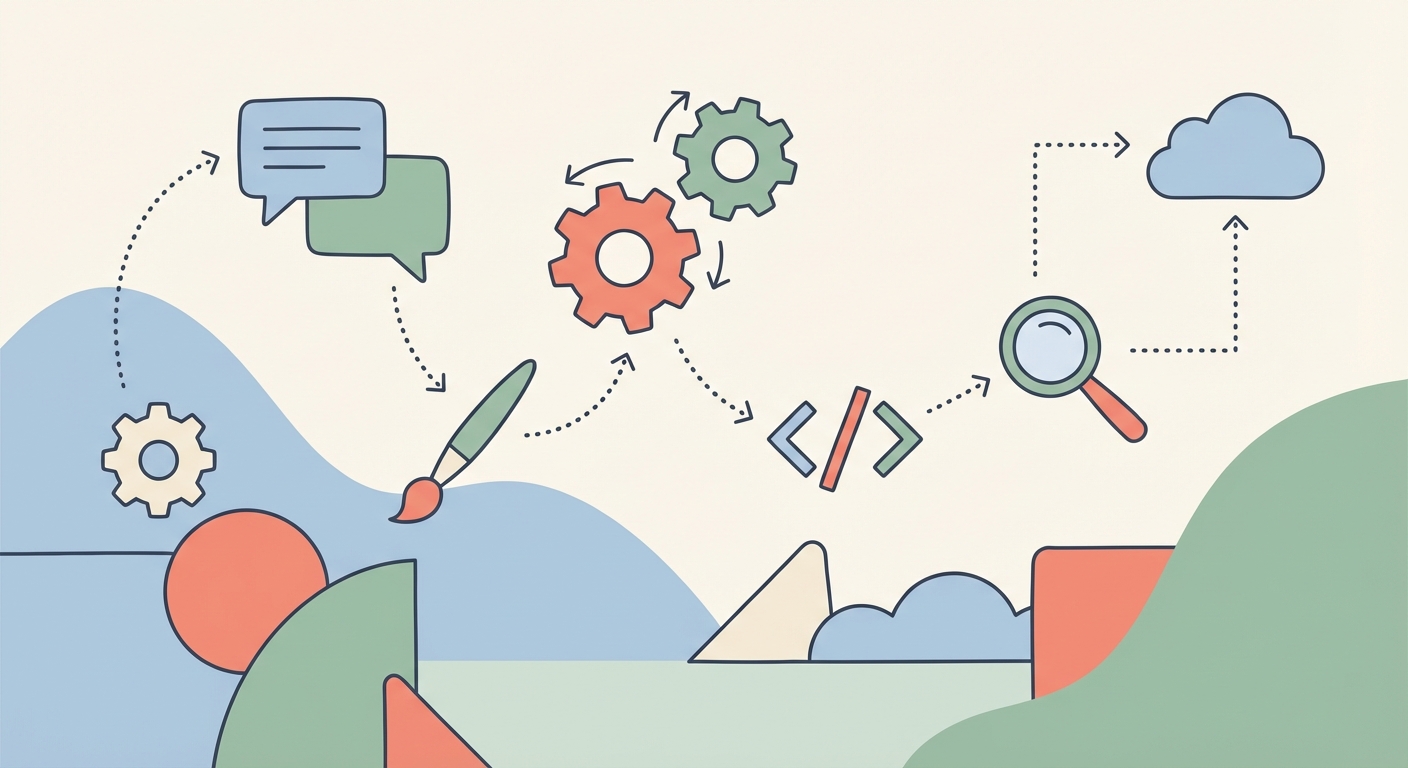Why AI Won't Replace Accounting Software Anytime Soon
AI is becoming more common in business, and the accounting world is seeing it too. Tools that used to take hours—like data entry or matching transactions—can now be handled in seconds. The tech is impressive. But as much as AI has changed how accountants work, it's not ready to replace the specialized software that companies rely on to stay accurate, compliant, and audit-ready. Accounting isn’t just about numbers. It’s about following rules, reporting accurately, and ensuring every line item is defensible. That’s a level of precision where AI still needs help.
What AI Actually Does Well
AI is useful for the repetitive parts of accounting that don’t require a lot of human judgment. Many firms already use it to speed up tasks like:
Sorting expenses
Flagging duplicate invoices
Scanning receipts
Spotting irregular transactions
Forecasting cash flow
It’s a great way to streamline workflows and reduce errors. But when it comes to decisions that rely on accounting standards, legal compliance, or industry-specific reporting? That’s where AI hits a wall.
When the Rules Get Complicated
Accounting runs on rules—lots of them. From international standards like IFRS to U.S.-specific ones like GAAP, there’s not much room for improvisation. One key example is lease accounting. Under the ASC 842 lease accounting rules, companies must record most leases as liabilities and assets. That means calculating values based on timelines, payment structures, interest rates, and classification types. It’s detailed work that requires software built to follow those rules. AI might assist in identifying a lease or pulling key data from a contract. But managing an ASC 842-compliant balance sheet? That still belongs to well-built accounting platforms.
Why Software Still Leads on Compliance
AI is good at interpreting patterns, but not policy. That’s why businesses still rely on software designed to meet financial regulations and audit requirements. Here’s what you typically get with proper accounting software:
Full audit trails for tracking every change
Report formats that comply with GAAP or IFRS
Security permissions to limit who can do what
Connections to other systems like payroll or inventory
Accurate handling of tricky accounting issues like lease liabilities or deferred revenue
AI can assist. But it’s the software that keeps businesses in line when it counts.
Working Together: AI and Accounting Software
Think of it like this: AI is your assistant. The software is the toolbox. And accountants are still the ones making the judgment calls. In practice, a fast-moving finance team might use:
AI to speed up data entry and invoice scans
Core software to manage books and keep records clean
A lease accounting system for regulatory compliance
People to review, approve, and interpret the final output
It’s not about choosing one or the other. It’s about using both together to get more done without sacrificing accuracy.
Why Human Oversight Still Matters
Even the best AI doesn’t understand context. It won’t catch when two tax rules conflict or interpret industry-specific scenarios. It also can’t apply ethical considerations or make tough judgment calls in a gray area. That’s why trained accountants still matter. Some things can’t be delegated:
Strategic decision-making
Finalizing year-end financials
Navigating audits
Handling legal or regulatory changes
Automation can lighten the load, but it won’t eliminate the need for expertise.
Data Still Has to Be Clean
One often-overlooked issue with AI is that it only works as well as the data it’s given. If your inputs are flawed, the AI's output will be too. That’s a real risk in accounting, where even a small mistake can lead to a big problem. Good accounting software helps here by enforcing standard fields, double-checking entries, and flagging discrepancies. That kind of structure ensures the data AI uses is actually reliable.
Smarter Tools, Same Foundation
Modern accounting tools are already incorporating AI, but they’re doing so cautiously. For example:
AI-powered tools help categorize expenses
Platforms suggest journal entries based on behavior
Dashboards forecast trends using historical data
But behind those features is the same old framework—double-entry accounting, audit compliance, tax readiness. The rules haven’t changed, just the speed.
AI Is Rising, But Software Still Runs the Show
A report by Sage found that 83% of accountants believe AI will significantly change the way they work over the next five years. Still, most agree it needs to be used carefully, within a system that respects the structure accounting depends on. The direction we’re heading is clear: automation will become more common, but it will live inside tools that are built to follow the rules. Not replace them. In this shift, the adoption of AI billing software can further lead to increased efficiency and cost savings across accounting departments.
Bottom Line
AI is a powerful addition to the accountant’s toolkit—but it’s not the whole solution. If your business is growing, managing leases, or preparing for an audit, don’t expect AI to do it all. It can speed things up, sure. But the work still needs to be built on solid, rule-following software. In the end, the smartest approach is one that blends technology with expertise. AI can assist. Software keeps you compliant. And people make sure everything adds up.




